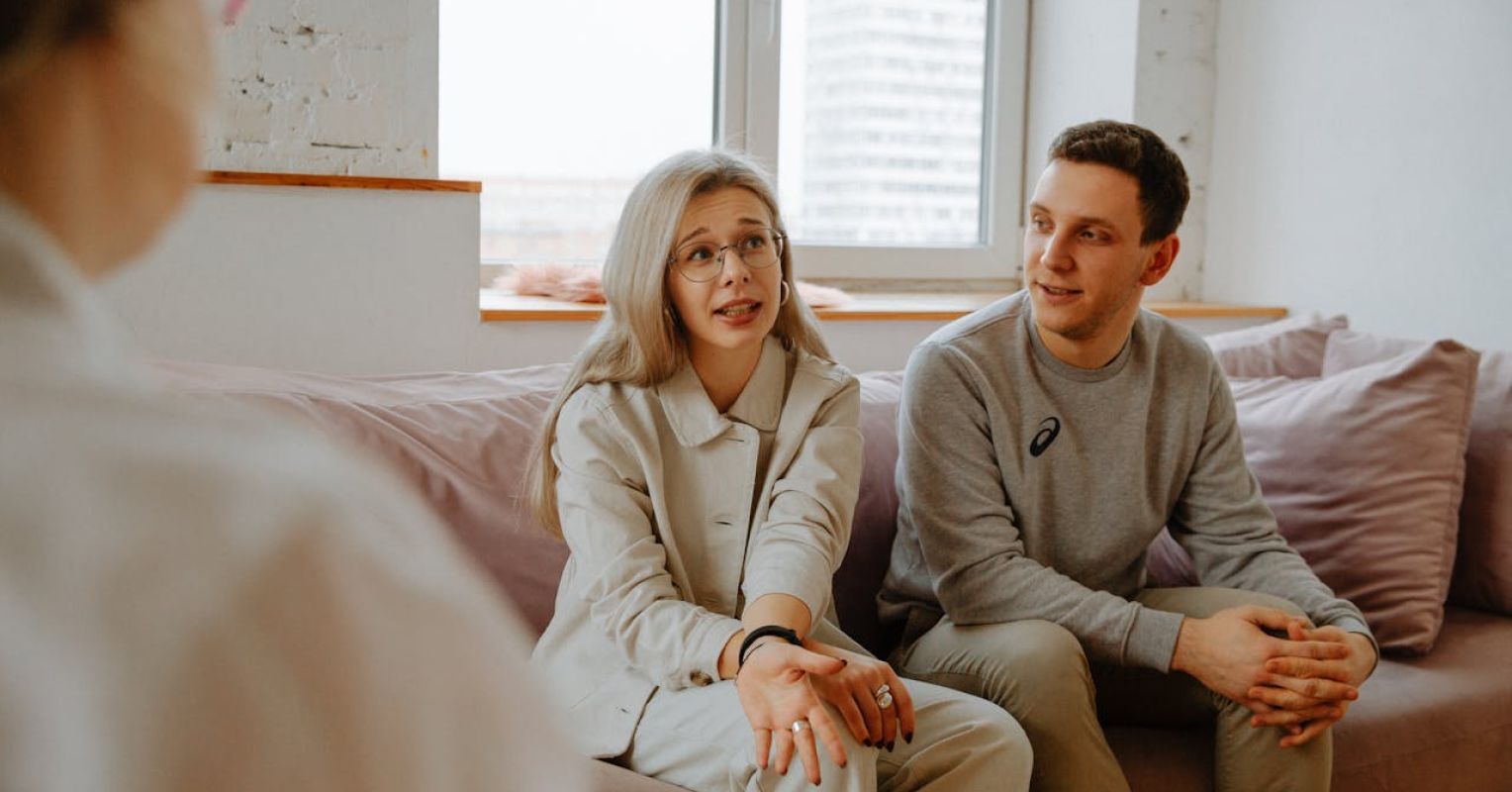
"Some second-year students are sure they know more about the practice of psychotherapy than their professors. They are certain that whatever made them feel good when they were in therapy is the correct model, unaware that the point of therapy is for the client to get better, not to feel better. Perhaps this is related to their having the entire store of human knowledge in their pockets."
"You can "OK, boomer" me if you need to, but the fact is that my generation was constantly humbled by our lack of knowledge. We had to look it up or ask an expert. This created a lifelong sense that there is a lot of knowledge in the library and in the minds of elders. When the store of knowledge is in one's pocket, it feels like it already belongs to you when you consult it. No humbling is involved."
Clinical expertise in psychotherapy has been eroded as trainees increasingly trust personal therapy experiences and instant access to information over professional training. Smartphone-accessible knowledge creates a false sense of ownership of expertise and diminishes humility toward elders and libraries of knowledge. This attitude makes clinical decision-making—such as selecting individual versus family therapy—appear trivial to novices. Many clinics defer modality selection to clients, shifting responsibility away from clinicians. Clients’ own understandings of problems often reflect the interaction patterns that generated them, potentially steering treatment toward less effective modalities when caregivers’ perspectives dominate.
Read at Psychology Today
Unable to calculate read time
Collection
[
|
...
]